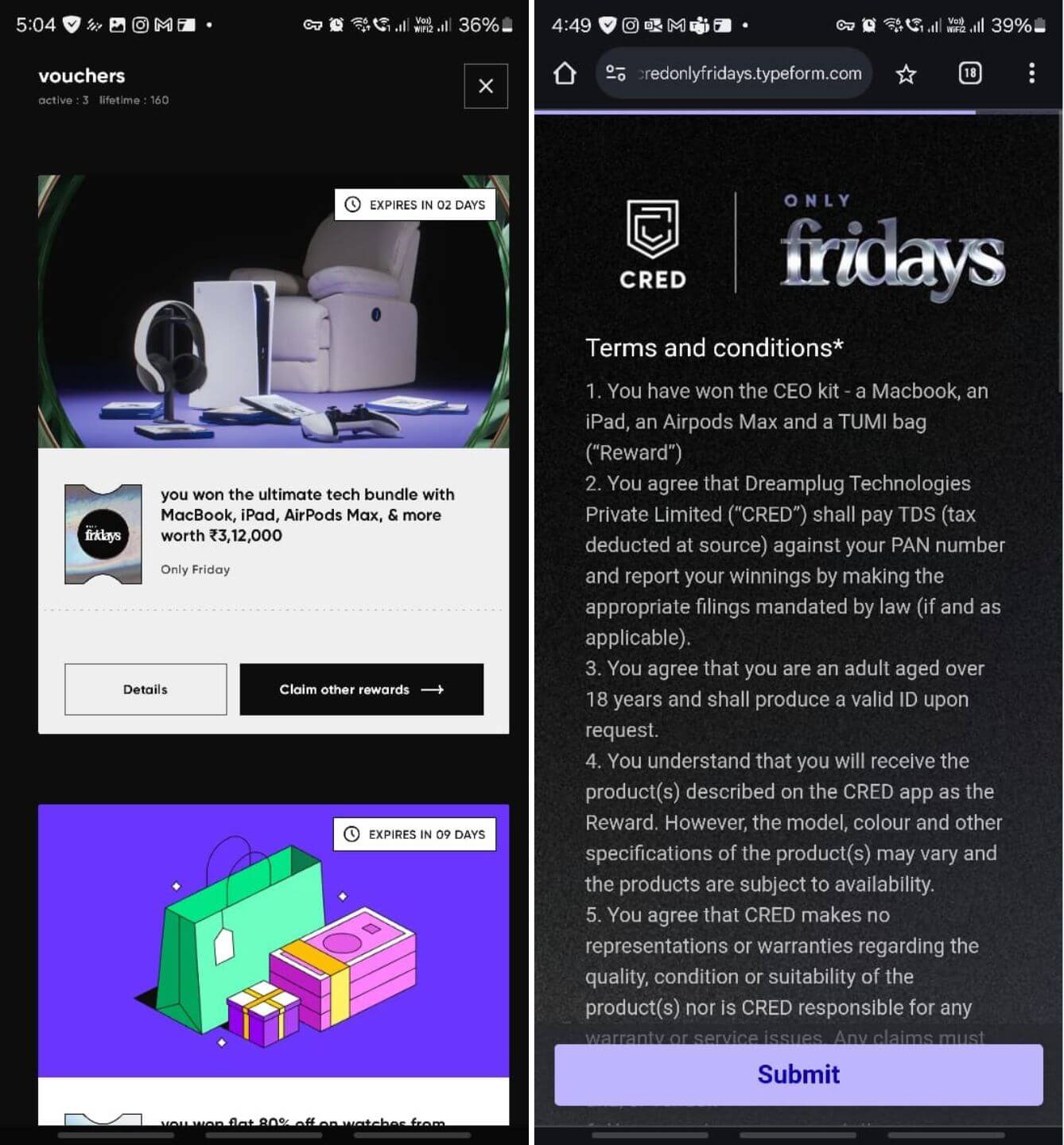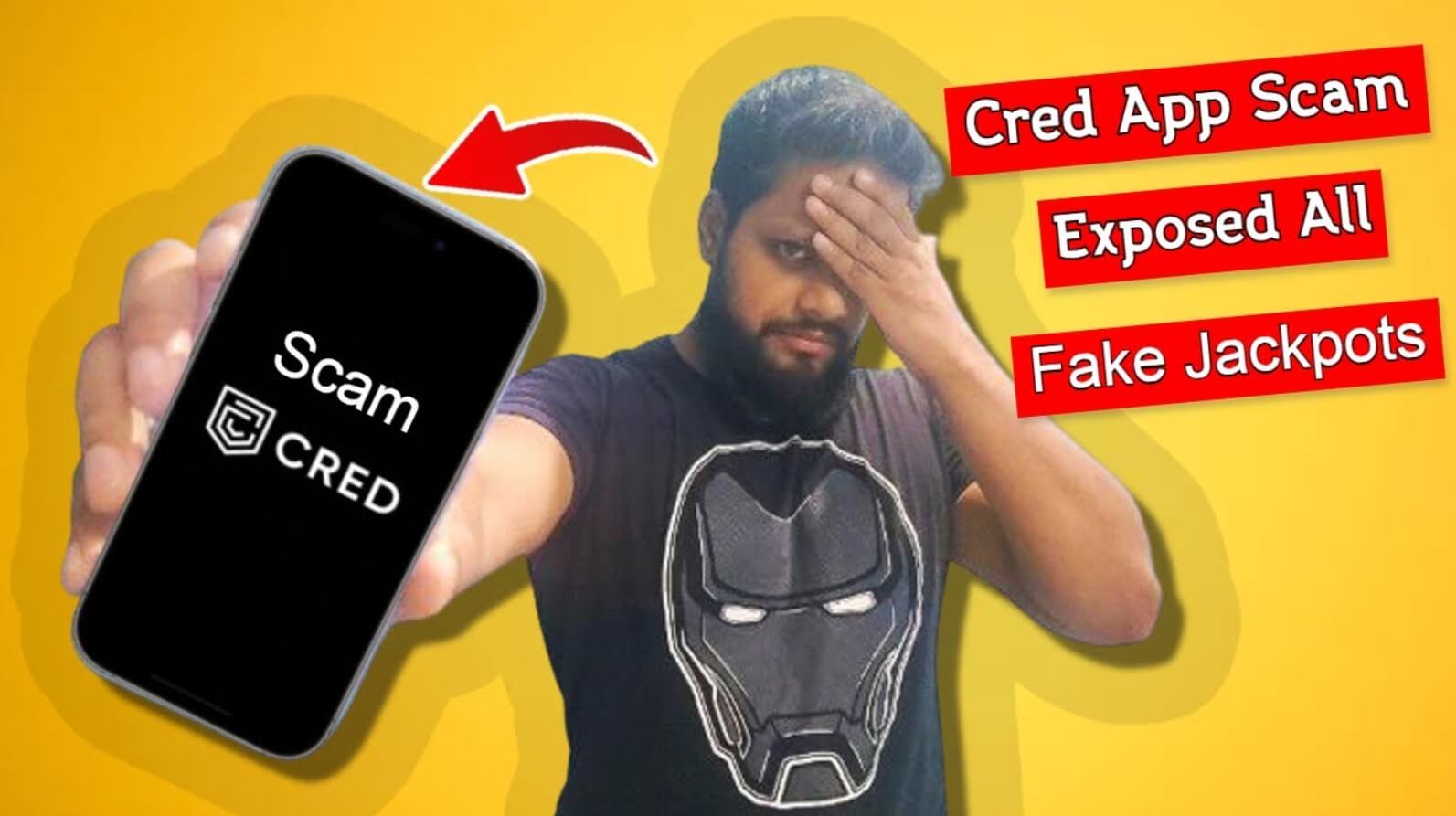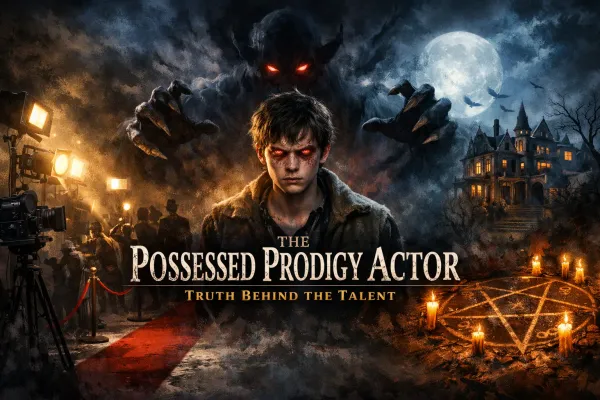Man Wins Rs 3.25 Lakh Jackpot on CRED, Company Hands Him Rs 1K Blaming 'Technical Glitch'

CRED, a popular platform in India known for offering rewards and perks for paying credit card bills, recently faced backlash after a controversial incident involving one of its users. Aviral Sangal shared his frustrating experience on social media after winning a jackpot worth Rs 3.25 lakh, only to have it canceled due to a "technical glitch." Sangal's story has gone viral, sparking widespread discussions about consumer rights and corporate accountability. This article will dive deep into the incident, discuss the company's response, and explore the broader implications for businesses and consumers alike.
The CRED Jackpot Win: An Unexpected Triumph

In a world where most people don't expect much from online games or contests, Aviral Sangal’s story stands out as a surprising win followed by an equally surprising disappointment. Like many users, Sangal usually ignored the CRED jackpots. But on one particular Friday, he decided to try his luck with CRED's Friday jackpot. Much to his amazement, he hit the jackpot, which included a MacBook, an iPad, AirPods Max, and a TUMI bag, with a combined value of Rs 3.25 lakh.
For any user, winning such a high-value prize would be a dream come true. Sangal's excitement soared, and CRED even asked him to fill out his PAN details, a standard procedure in India for prize winnings so that the necessary tax deduction at source (TDS) could be handled. All seemed well, and it appeared that Sangal was about to walk away with a haul of coveted Apple gadgets and premium accessories.
The Twist: From Rs 3.25 Lakh to Rs 1,000

However, Sangal’s joy was short-lived. Shortly after completing the form with his PAN details, he received a call from CRED. The message delivered in the call was nothing short of devastating: the jackpot had been canceled due to a "technical glitch." To make matters worse, Sangal was credited a measly Rs 1,000 instead of receiving his prizes as a “goodwill gesture” from the company.
Naturally, Sangal was outraged. He took to social media, sharing the entire ordeal on X (formerly known as Twitter), tagging CRED's founder Kunal Shah. In his post, Sangal described the shock of having his jackpot revoked and expressed his disappointment with CRED's handling of the situation.
The Technical Glitch Excuse
According to CRED, the reason for canceling Sangal’s jackpot was a technical issue. Apparently, due to a bug in their system, around 200 users were declared winners of the same jackpot. Rather than fixing the bug and honoring the prizes, CRED decided to cancel the jackpot altogether, issuing refunds and token compensation of Rs 1,000 to affected users.
This decision raised significant concerns. While technical glitches are not uncommon in the world of online platforms, the way CRED handled this situation left many users feeling cheated. In Sangal's case, not only had he won the jackpot fair and square, but the company had also initiated the process of collecting his PAN details for TDS purposes. The abrupt cancellation seemed unfair and unprofessional.
Sangal’s Response and Social Media Outcry
Sangal did not take this outcome lightly. He publicly called for CRED to either honor the jackpot for all 200 winners or acknowledge the incident and take responsibility for the glitch. In one of his updates, Sangal mentioned a phone call from a CRED representative who reiterated the company's decision to cancel the jackpot and offer Rs 1,000 cashback. Unsatisfied with this response, Sangal refused the offer and made it clear that he was considering legal action.
His stand sparked a wave of support on social media, with many users chiming in with their own negative experiences with online contests and rewards platforms. Some individuals encouraged Sangal to pursue legal recourse, while others shared similar incidents where they had fought for what they were rightfully owed. A viral discussion ensued, with many urging for stronger consumer protection laws and greater accountability from companies that operate such large-scale reward systems.
[embed]https://twitter.com/sangalaviral/status/1832301959375704249[/embed]
Similar Incidents: Users Sharing Their Stories
CRED is not the only company to face backlash for issues related to technical glitches in reward systems. Several users on social media shared their own stories of winning prizes or rewards, only to have them revoked due to supposed "errors."
- One user claimed that he had won vouchers worth Rs 40,000 on CRED, but after numerous email exchanges and phone calls, the company finally honored his winnings.
- Another user suggested that Sangal document every communication and demand email confirmations from the company for any formal steps they take. This advice highlights the importance of creating a paper trail when dealing with corporations, particularly in cases where large sums or high-value items are involved.
Legal Implications and Consumer Rights
The legal implications of Sangal’s case are significant. In India, companies are required to adhere to specific consumer protection laws that ensure transparency and fairness in business practices. If a user wins a contest or jackpot legitimately, the company is expected to honor it unless there is a clear case of fraud or misconduct.
Sangal’s mention of legal options is an important reminder to consumers: when a company fails to deliver on a promise or contractual obligation, legal recourse is available. In this case, Sangal could potentially file a case under the Consumer Protection Act of 2019, which covers unfair trade practices, false advertisements, and defective goods and services. Given the attention this issue has received, it is likely that many people will follow the outcome of any legal proceedings closely.
CRED’s Reputation: Damaged or Intact?
CRED has built its brand on providing value to users through rewards, exclusive deals, and gamified experiences. However, incidents like Sangal’s have the potential to damage a brand’s reputation, especially in the age of social media, where grievances are often aired publicly and can quickly go viral.
While CRED’s response to the technical glitch may have been intended as damage control, the lack of transparency and the seemingly small compensation of Rs 1,000 has only fueled further outrage. Users who participate in CRED’s jackpots and other games may now think twice about whether they can trust the platform.
The challenge for CRED lies in restoring its credibility. One possible solution would have been to honor the jackpot for the 200 users, or at least offer more substantial compensation to maintain goodwill. Whether CRED decides to take further steps in this case remains to be seen.
Corporate Responsibility: Lessons for Other Businesses
The controversy surrounding Sangal’s jackpot win and its cancellation also brings up broader questions about corporate responsibility. As more companies integrate gamified experiences, contests, and rewards into their platforms, the potential for errors or glitches increases. How a company handles these situations can either build or break its relationship with users.
Key lessons that other businesses can learn from this incident include:
- Transparency is Key: Companies need to be open about technical issues and communicate clearly with affected users. In Sangal’s case, a lack of proper communication exacerbated the problem.
- Compensation Should Be Proportionate: Offering a token amount of Rs 1,000 for a canceled jackpot worth Rs 3.25 lakh is unlikely to satisfy users. Fair compensation that reflects the value of the lost prize can go a long way in maintaining trust.
- Prompt Action: Delays in addressing such situations can lead to frustration and negative publicity. Businesses must act swiftly to resolve issues before they spiral out of control.
Could This Incident Set a Precedent?
If Sangal follows through with legal action, the outcome could set an important precedent for how companies deal with similar situations in the future. A court ruling in favor of Sangal and other affected users would likely encourage stronger consumer protections for individuals who engage in online contests and reward systems.
At the same time, a legal case could prompt companies to re-evaluate their internal processes and improve their systems to prevent such glitches from occurring in the first place. More rigorous testing, error handling, and contingency planning could help avoid situations where hundreds of users are affected by a single bug.
FAQs
1. What did Aviral Sangal win in the CRED jackpot?
Aviral Sangal won a jackpot that included a MacBook, iPad, AirPods Max, and a TUMI bag, with a total value of Rs 3.25 lakh.
2. Why did CRED cancel the jackpot?
CRED canceled the jackpot due to a "technical glitch" that resulted in 200 users winning the same jackpot. The company decided to cancel the entire jackpot rather than fix the bug and honor the winnings.
3. How did CRED compensate the affected users?
CRED refunded the points used for entering the jackpot and offered a goodwill gesture of Rs 1,000 to affected users, which many found inadequate.
4. Did Aviral Sangal accept CRED’s compensation?
No, Sangal declined the Rs 1,000 compensation and is considering legal action to have CRED honor the original jackpot.
5. Can Sangal take legal action against CRED?
Yes, under Indian consumer protection laws, Sangal could potentially file a legal case against CRED for failing to honor the jackpot and misleading consumers.
6. How has the public reacted to this incident?
The public reaction has been largely supportive of Sangal, with many users sharing similar experiences and calling for stronger consumer protection measures. Some have encouraged Sangal to pursue legal action.
Conclusion
Aviral Sangal’s story of winning—and then losing—a Rs 3.25 lakh jackpot on CRED has brought attention to the pitfalls of online contests and reward systems. While technical glitches happen, the way a company handles them can make all the difference in retaining user trust. In this case, CRED’s response has left many questioning the platform’s commitment to fairness and transparency. The resolution of this case, whether through legal action or a change in company policy, will be closely watched by consumers and businesses alike.





